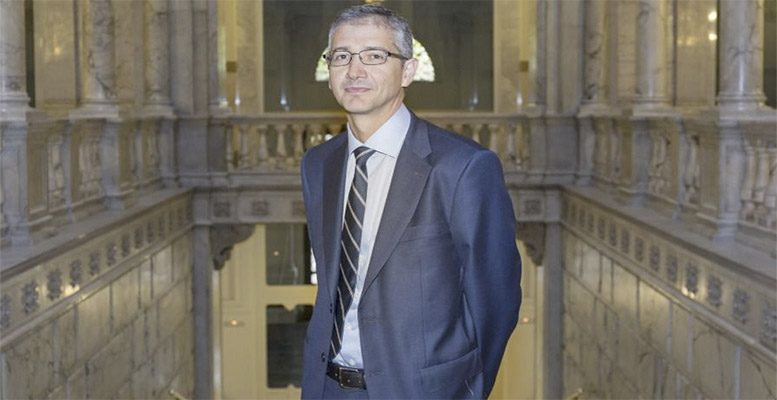Fernando González Urbaneja | The Bank of Spain’s Annual Report, usually issued in May/June, is the canonical report for economic experts, the one used as a reference for all those who want to have an informed opinion. This does not mean that it is infallible, but it does mean that it is reliable and trustworthy. Some of the all-knowledgeable people who take up space on television this morning said that it is “just one report among many”. Well, no, it is not just one more. The commentator has probably not read a single report of this type, nor is he able to estimate its scope. Another one, yes, for politicians, especially parliamentarians, who stand on the podium and give their opinions with old-fashioned recipes and clichés.
The Report is a document that has been thought through and worked on by the economists of the research department, later ratified by the bank’s directors. It is therefore a debated and consensual document, based on data and professional opinions supported by professional studies. Opinionated, as in the social sciences, but well-founded.
Among the report’s observations is the conclusion that recovery from the pandemic in Spain is “incomplete and surrounded by uncertainties”. Incomplete at this stage compared to the situation of the United States, which achieved recovery during the first part of 2021, and that of Europe, which did so at the end of the year. The Spanish situation is still for next year. The report sets out the reasons for the delay, but at the same time makes it clear, without mentioning it, that any triumphalism of the kind reiterated by the Prime Minister and his deputy on the matter is out of touch with reality. Another central point concerns the inevitability of fiscal consolidation, which will be harder the longer it is delayed.
So we have problems with what constitutes the first part of the report: stocktaking; there is no consensus. The second part deals with the structural challenges of the Spanish economy and the policies to address them. There is nothing new about the theses that the Bank of Spain has been advocating for years: the need for structural reforms, rigorous fiscal policies, expenditure evaluation, flexibility, measures against inequality and poverty… music and lyrics that come close, but not very close, to the effective action of the government. It is more focused on handing out subsidies and legislating in a vacuum than on undertaking effective policies. The latest housing law can serve as a practical example.
The third part of the report deals with inflation, a resurgent phenomenon, which seemed to be temporary but which is lasting and causing unexpected and severe imbalances. The report recommends an incomes policy, a social pact, which is currently far from materialising. Finally, the fourth chapter deals with climate change and the ecological transition, which implies profound changes and investments that only appear in speeches but are not translated into effective strategies. Many declarations and norms, but little impact.
In short, a solid, serious, predictable, coherent report, but one that will have little significance beyond flashes on pensions. Because most people will not read it, although they will criticise it by hearsay.





